What Are AI Support Agents?
An artificial intelligence support (AI) agent is a software application designed to interact with its surroundings, gather information, and use it to carry out tasks aimed at achieving specific objectives. While humans define these goals, the AI agent autonomously determines the most effective actions to fulfill them. For instance, in a contact center, an AI agent might aim to resolve customer inquiries.
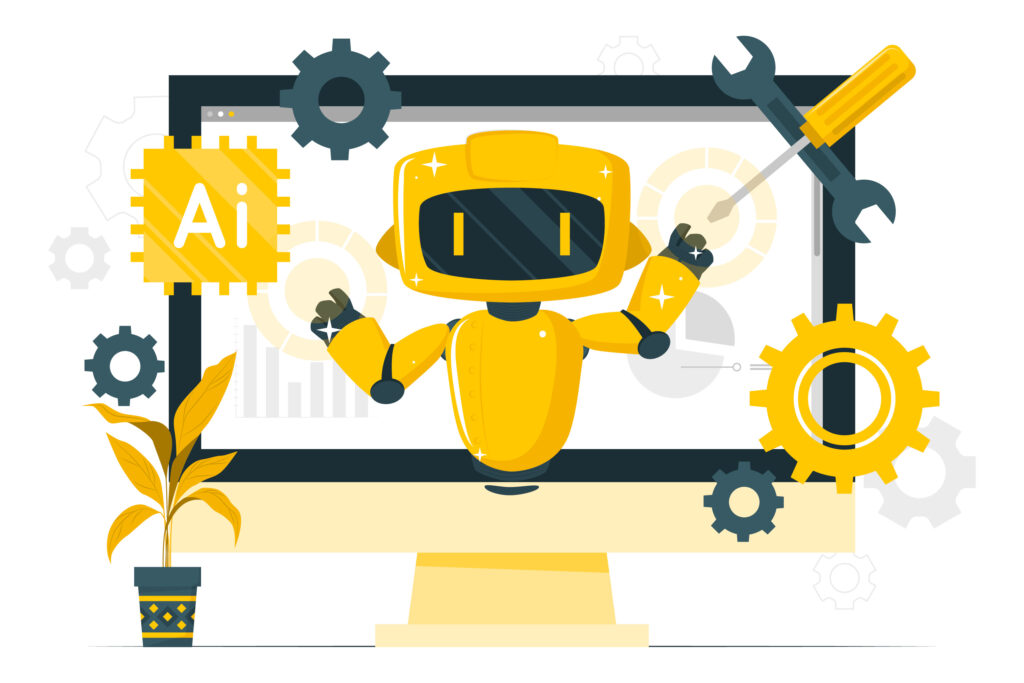
It will independently engage with the customer by asking relevant questions, searching through internal resources, and providing solutions. Based on the customer’s responses, the agent decides whether it can resolve the issue on its own or if it needs to escalate the matter to a human representative.
What Defines AI Agents?
While most software programs are built to perform tasks specified by their developers, AI agents stand out due to their ability to function as rational agents. They make reasoned decisions by interpreting data and their surroundings to achieve optimal outcomes.

AI agents perceive their environment through physical or software interfaces. For example, robotic agents use sensors to collect data, while chatbots rely on customer input. Using the collected data, an AI agent evaluates potential actions, predicts the best results aligned with its objectives, and decides on the most suitable course of action. For instance, self-driving cars process sensor data to avoid obstacles and navigate the road safely, all while working towards the predetermined goal of reaching a destination.
What are the benefits of using AI agents?
AI agents offer significant advantages for businesses, enhancing both operational efficiency and customer satisfaction.
Enhanced Productivity
AI agents are autonomous systems capable of performing specific tasks without human involvement. By employing these agents, organizations can achieve their objectives more efficiently and streamline operations. Delegating repetitive tasks to AI agents enables business teams to focus on strategic, mission-critical, or creative work, ultimately driving greater value for the organization.
Cost Reduction
Intelligent agents help businesses minimize unnecessary expenses caused by inefficiencies, human errors, and manual processes. They reliably execute complex tasks using a consistent approach that adapts to changing environments, ensuring optimal performance without additional costs.
Informed decision-making
AI agents equipped with machine learning (ML) capabilities can collect and process vast amounts of real-time data. This empowers business leaders to make accurate predictions and informed decisions quickly. For instance, AI agents can analyze product demand across various market segments, providing valuable insights for targeted advertising campaigns.
Enhanced Customer Experience
Modern customers expect engaging and personalized interactions with businesses. By incorporating AI agents, companies can deliver tailored product recommendations, fast and effective responses, and innovative solutions. This level of personalization boosts customer engagement, improves conversion rates, and fosters long-term loyalty.
How Does an AI Agent Work?
AI agents operate by streamlining and automating complex tasks through a systematic workflow designed to achieve assigned objectives.
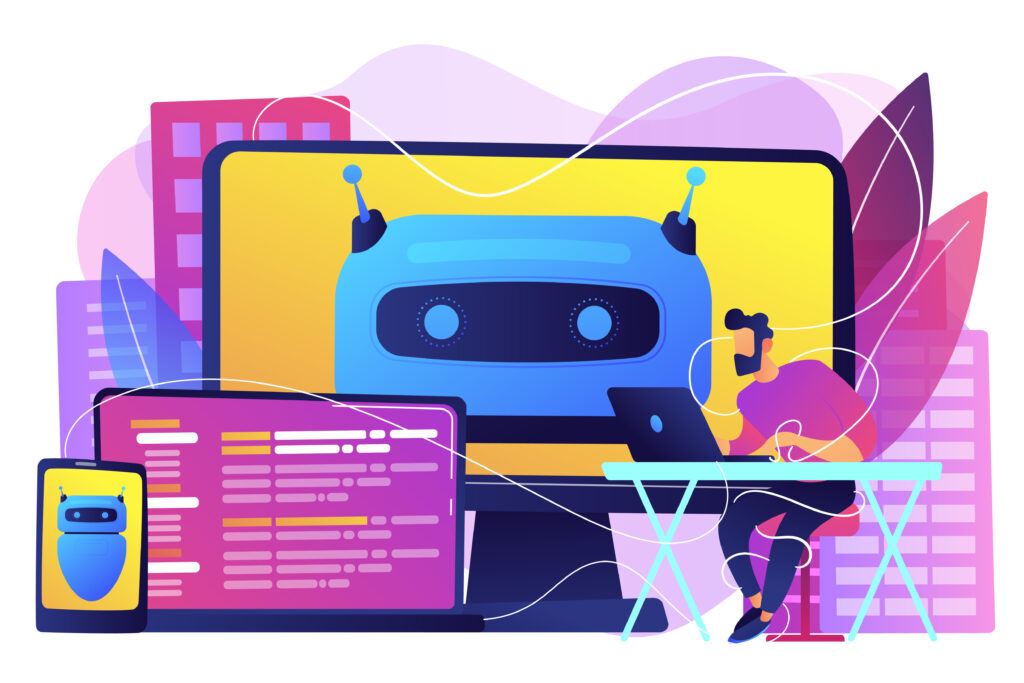
1. Determining Goals
The AI agent begins by receiving a specific instruction or goal from the user. It then formulates a plan to make the outcome useful and relevant to the user. This involves breaking the goal into smaller, actionable tasks, which the agent performs in a logical order or based on set conditions to achieve the desired result.
2. Acquiring Information
To execute its tasks effectively, the AI agent gathers necessary data. For example, it might extract conversation logs to analyze customer sentiments or search the internet to retrieve relevant information. In some cases, the agent collaborates with other agents or machine learning models to exchange or access additional information needed to fulfill its tasks.
3. Implementing Tasks
Once it has sufficient data, the AI agent systematically carries out the planned tasks. After completing each task, the agent evaluates its progress toward the overall goal, seeking external feedback and analyzing its logs. During this process, the agent may generate additional tasks if needed to ensure the final outcome aligns with the user’s objective.
Goal Initialization and Planning

Although AI agents are autonomous, humans define their goals and working environments. Three key factors influence their behavior:
- The developers who design and train the AI system.
- The deployment team that makes the agent available to users.
- The users who specify goals and provide tools for the agent to use.
To achieve complex goals, AI agents often perform task decomposition, breaking down the main objective into manageable subtasks for better performance. While simple tasks may not require detailed planning, the agent iteratively improves its responses and adapts without pre-planned steps.
Reasoning Using Available Tools
AI agents act based on the information they perceive, even if their knowledge is incomplete. To address gaps, they leverage tools such as external data sets, APIs, web searches, or other agents. As new information is retrieved, the agent updates its knowledge base, reassesses its plans, and self-corrects its actions.
For example, if tasked with predicting the best week for surfing in Greece next year, the
AI agent might:
- Access historical weather data to identify patterns.
- Communicate with an external agent specializing in surfing to learn that sunny weather and high tides are ideal conditions.
- Combine all gathered information to determine the best week for surfing and present the findings to the user.
This ability to integrate data from various tools allows AI agents to be more versatile compared to traditional AI systems.
Learning and Reflection
AI agents improve over time using feedback mechanisms, including insights from other agents and human-in-the-loop (HITL) interactions. Returning to the surfing example, the agent stores learned information and user feedback to refine its responses and better align with user preferences for future tasks.
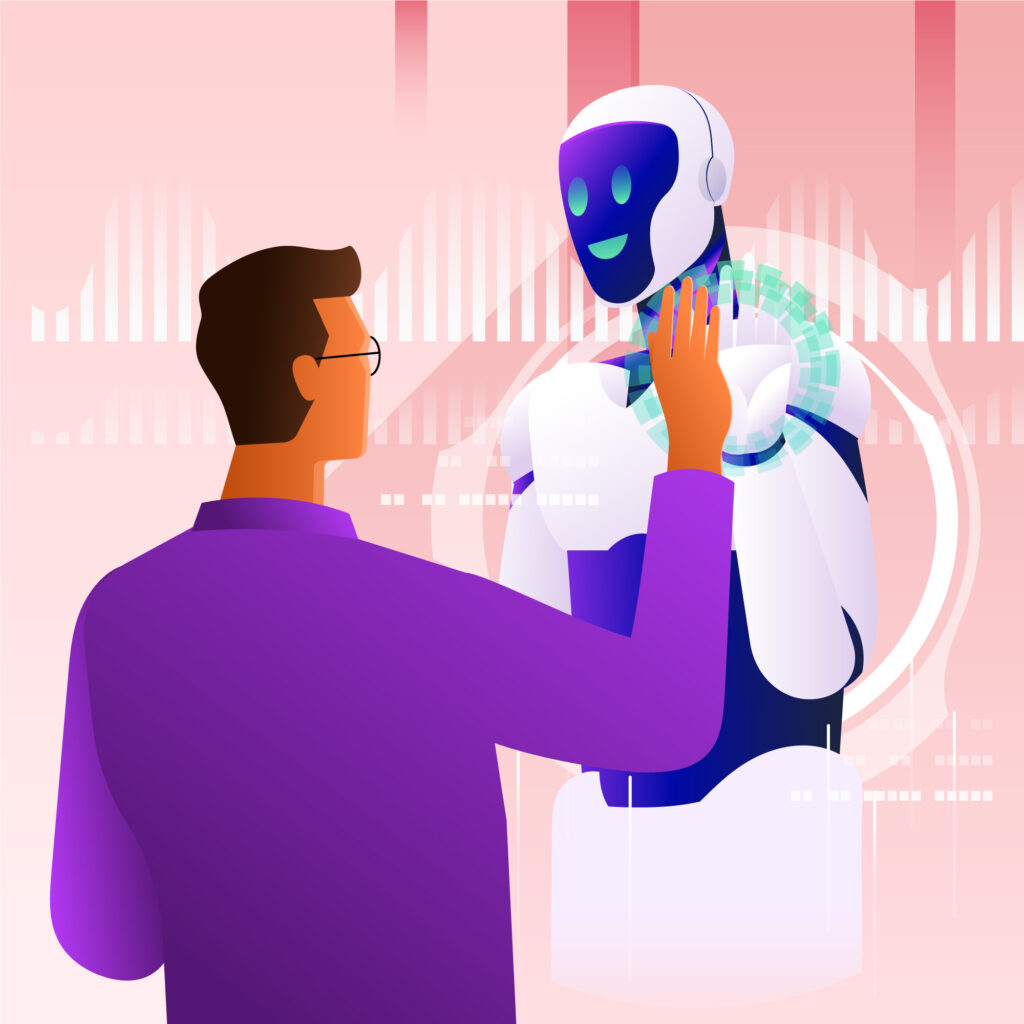
When other agents contribute, their feedback helps streamline processes and reduce the need for human intervention. This iterative refinement ensures the agent’s reasoning and accuracy improve over time. To avoid repeating mistakes, the agent maintains a knowledge base of solutions to past challenges, further enhancing its efficiency and adaptability.
Challenges of Using AI Agents
AI agents are powerful tools for automating business workflows and achieving better outcomes. However, organizations must address the following challenges when deploying autonomous AI agents for business applications:
1. Data Privacy Concerns
Operating advanced AI agents involves handling large volumes of data, including its acquisition, storage, and transfer. Organizations must adhere to data privacy regulations and implement robust security measures to protect sensitive information and maintain compliance.
2. Ethical Challenges
AI agents, especially those using deep learning models, can sometimes produce biased, unfair, or inaccurate results. To mitigate this, organizations should implement safeguards such as human reviews to ensure the responses generated by AI agents are fair, accurate, and beneficial to customers.
3. Technical Complexities
Developing and deploying advanced AI agents requires expertise in machine learning and related technologies. Developers must have the skills to integrate machine learning frameworks into software applications and train the AI agents using enterprise-specific data, which can be a resource-intensive process.
4. Limited Compute Resources
Deep learning AI agents demand significant computational power for both training and deployment. For organizations deploying these agents on-premises, this necessitates investing in expensive, high-performance infrastructure. Additionally, maintaining and scaling this infrastructure can be challenging and costly.
Types of AI Agents
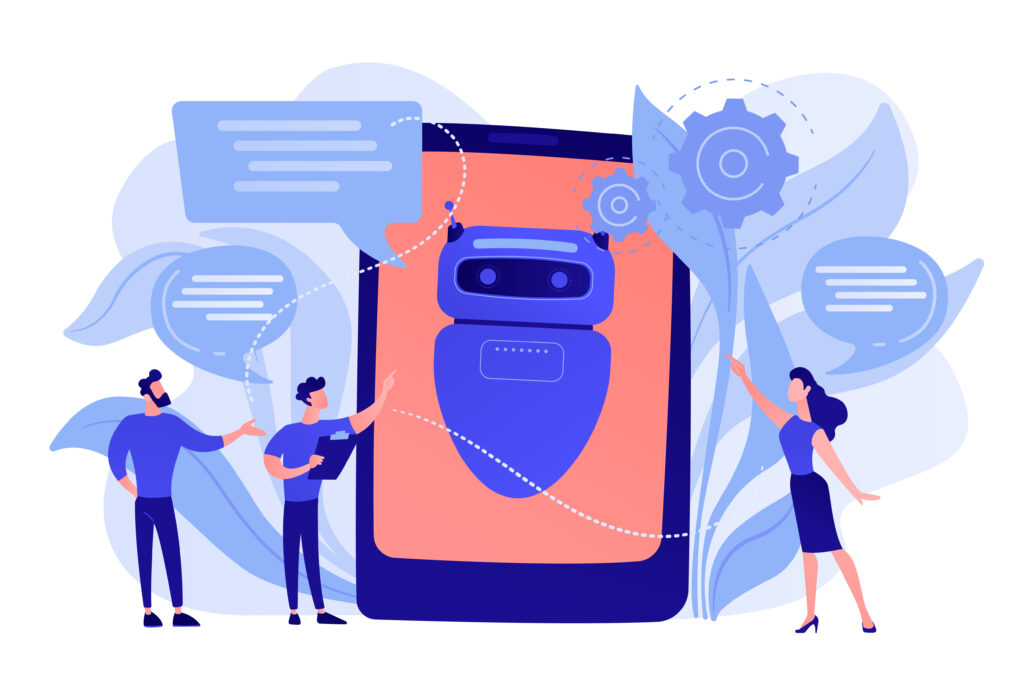
Organizations deploy various AI agents tailored to specific tasks and use cases. Here are some common types:
Simple Reflex Agents
These agents respond based on predefined rules and immediate data, ideal for straightforward tasks.
Example: Resetting passwords by detecting specific keywords in user conversations.
Model-Based Reflex Agents
They build internal models using supporting data to evaluate outcomes before deciding, extending the capabilities of simple reflex agents.
Goal-Based Agents
Also known as rule-based agents, these analyze data to determine efficient ways to achieve objectives.
Use Case: Natural language processing or robotics applications.
Utility-Based Agents
These agents maximize outcomes using algorithms to evaluate scenarios and select the most rewarding option.
Example: Finding flights with the shortest travel time, regardless of cost.
Learning Agents
Continuously improving through feedback, these agents adapt and create new tasks for ongoing training.
Hierarchical Agents
Organized into tiers, higher-level agents delegate tasks to lower-level agents, ensuring efficient collaboration to achieve goals.
Technologies Behind AI Agents
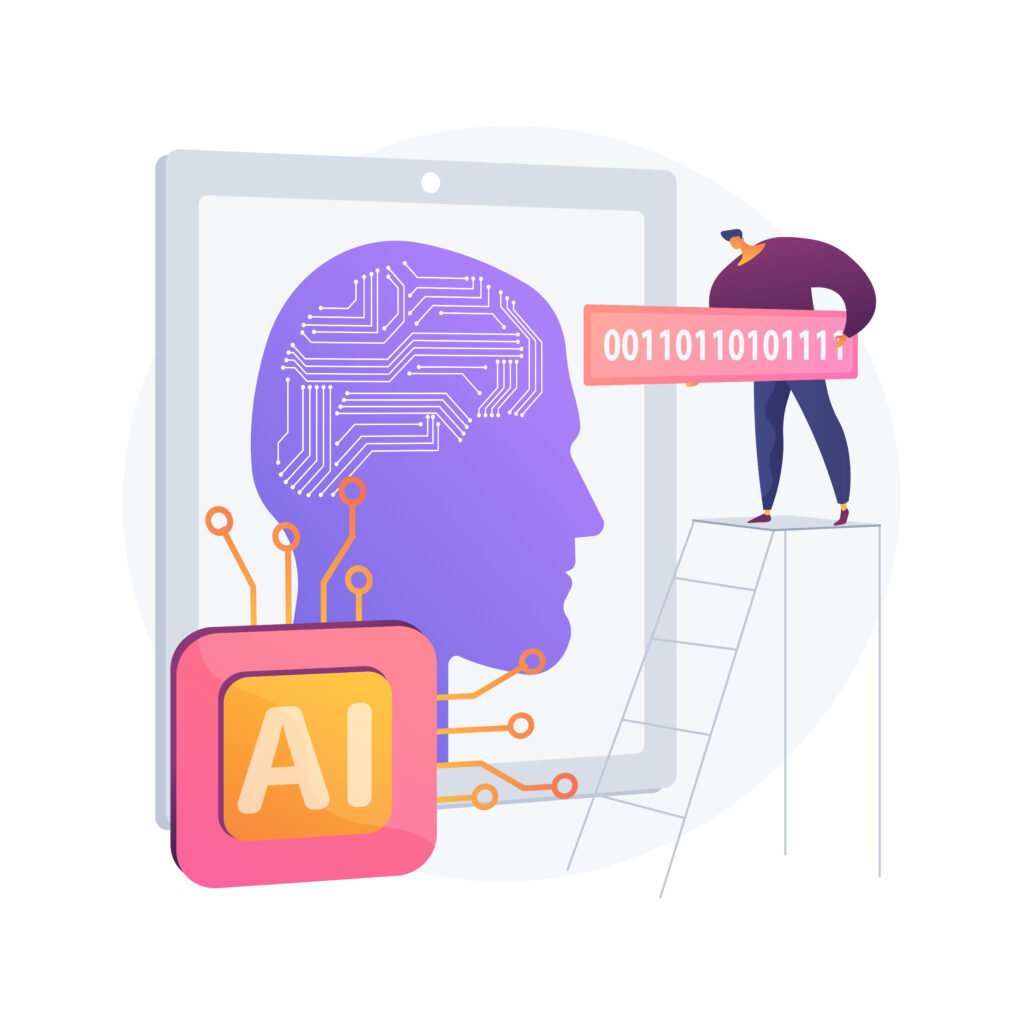
The transformative capabilities of AI agents lie not only in their individual features but also in how these technologies seamlessly work together to address complex business challenges. Let’s explore the core technologies that empower modern AI agents:
1. Large Language Models (LLMs)
The Foundation of Intelligence
LLMs represent a significant advancement in AI, enabling agents to interact with customers in meaningful and productive ways. These models process language as effectively as experienced human agents, understanding context, retaining details, and delivering relevant responses.
Impact:
- Facilitates nuanced dialogue that engages and supports customers.
- Delivers accurate answers beyond basic query responses.
Example: Yellow.ai’s in-house LLMs, like YellowG (offering responses with a <1% hallucination rate) and Komodo 7B (providing multilingual support), showcase enterprise-grade reliability and contextual performance.
2. Natural Language Processing (NLP)
The Art of Understanding
Gone are the days of rigid commands and keyword-based responses. NLP enables AI agents to understand human language with all its complexity, including context, intent, and subtle nuances.
Capabilities:
- Differentiates between similar phrases like “I can’t log in” and “My password isn’t working.”
- Handles multi-part questions and complex problem descriptions.
- Maintains context throughout extended conversations.
Benefit: Creates interactions that feel intuitive and human-like, significantly enhancing the user experience.
3. Machine Learning (ML)
Getting Smarter Every Day
Unlike static traditional systems, ML-powered AI agents continuously learn and improve with each interaction. They refine their responses based on outcomes, adapting to new scenarios and user needs over time.
Advantages:
- Evolves with minimal human intervention.
- Learns from both successes and mistakes, improving response accuracy.
Outsome:AI agents become more efficient and reliable, much like a constantly improving team member.
4. Neural Networks
The Decision-Making Engine
Neural networks serve as the backbone of AI agents, processing vast amounts of data and identifying complex patterns. They enable agents to make decisions based on nuanced, interconnected criteria.
Capabilities:
- Analyzes and correlates diverse data points.
- Solves multi-step problems and detects customer behavior patterns.
Example Use Case:Detecting sentiment in customer queries to provide personalized and empathetic responses.
How AWS Supports AI Agent Development
Amazon Web Services (AWS) offers powerful tools and services to help organizations create, deploy, and scale AI agents tailored to their business needs. These solutions address technical, infrastructure, and compliance challenges, enabling you to build intelligent, autonomous agents efficiently.
Amazon Connect Contact Lens
Amazon Connect Contact Lens is an AI-driven solution specifically designed for real-time contact center analytics. It provides powerful features to improve customer experience and streamline operations:
- Automated Data Redaction: Detects and redacts sensitive customer data in conversations, enhancing compliance efforts.
- Supervisory Analytics: Enables supervisors to monitor and review human agent performance using AI-generated conversational insights.
- Sentiment Analysis: Leverages NLP technologies to analyze customer sentiments, identifying emotions and trends from the language used during interactions.
Use Case: Automatically create contact summaries and uncover customer trends to optimize contact center workflows.
Generative AI and AWS AI Services
AWS offers a suite of tools and managed services to develop your own AI agents. These solutions provide the flexibility and scalability to meet diverse requirements:

Amazon Bedrock:
- Gives easy access to industry-leading generative AI models like Claude, Llama 2, and Amazon Titan.
- Simplifies integration of generative AI into your applications without managing infrastructure.
Amazon SageMaker:
- Empowers developers to build, test, and deploy AI agents with pre-built ML algorithms and customizable options.
- Provides an end-to-end platform for experimentation and operational deployment.
AWS Trainium:
- A purpose-built machine learning accelerator designed for deep learning models.
- Offers cost-effective and scalable training and operation of AI agents.
Why Choose AWS for AI Agent Development?
AWS enables organizations to overcome common AI agent challenges such as:
- Technical Complexity: Pre-built and customizable tools reduce development effort.
- Scalability: Managed infrastructure supports rapid scaling as your AI requirements grow.
- Compliance: Features like automated data redaction enhance regulatory adherence.
By leveraging AWS services like Amazon Connect Contact Lens, Bedrock, SageMaker, and Trainium, organizations can develop robust AI agents that integrate seamlessly into their operations while ensuring efficiency, scalability, and compliance.
[Want to learn more about AI Support Agents? Click here to reach us.]
Conclusion
Customer expectations are higher than ever, AI support agents offer transformative solutions for enhancing customer experience. By leveraging technologies like natural language processing, machine learning, and advanced algorithms, these agents provide efficient, personalized, and round-the-clock assistance. They streamline interactions and offer actionable insights into customer behavior, enabling businesses to anticipate and address needs proactively.
While human empathy remains irreplaceable, AI support agents complement human efforts by handling repetitive tasks and providing consistent support at scale. Companies like Bobcares enhance this transformation by offering specialized AI support services designed to implement and manage these agents effectively. With expertise in AI deployment, Bobcares ensures businesses can deliver seamless customer experiences while focusing on their core objectives.
Embracing AI support agents, supported by experts like Bobcares, is no longer just an option it’s a necessity for businesses aiming to thrive in today’s competitive digital landscape.






0 Comments